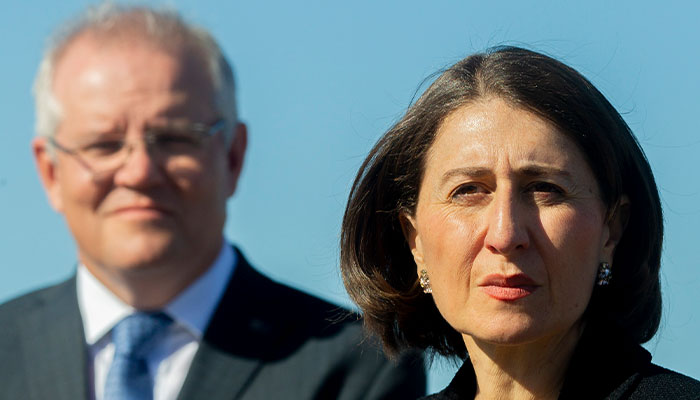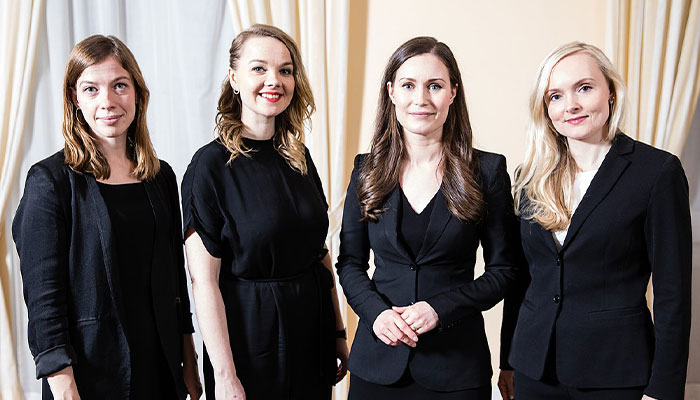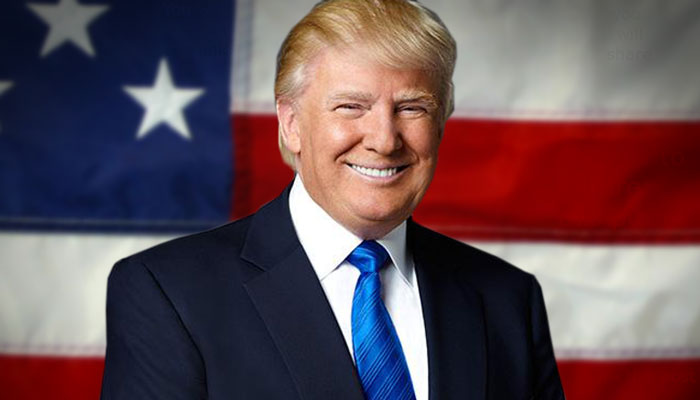Quotas should be applied not just to politics but in every profession, institution and organisation in Australia, say Macquarie University researchers.

It's time: Prime Minister Scott Morrison and NSW Premier Gladys Berejiklian say they are open to giving quotas a try.
NSW Premier Gladys Berejiklian and Prime Minister Scott Morrison have said they are open to the introduction of quotas in the Liberal Party to address the imbalance of women in state and federal parliaments.
Alison Pullen, Professor of Gender, Work and Organisation at Macquarie Business School, says quotas are a proven way to introduce change quickly.
“The only way to get change, to address systemic sexism and white male privilege is to start at the top, with Scott Morrison and then through every institution in the country,” says Pullen.
The real message to Australian politicians is that if you’re male and pale, you’ve failed to represent the majority of the population and we want change now.
“We’ve tried targets before and they don’t work so we need quotas for women, for Indigenous women and women of colour, for LGBTIQI people, so that our institutions represent society.”
Research has shown that a more diverse parliament enables it to be more legitimate, to make decisions that better represent the needs and experiences of the electorate and give communities a sense of inclusion, belonging and aspiration.
The Australian Labor Party has had a successful gender quota system for the past 25 years: 40 per cent women, 40 per cent men and 20 per cent any gender for all internal positions and seats held by the party in federal and state parliaments.
Every year, the party’s national convention has re-endorsed this quota. The Australian Greens also ensure equal gender representation.
Neither the National or Liberal parties, on the other hand, have ever had a quota system and currently only 15 of the Coalition's 76 seats in the federal House of Representatives are held by female MPs.
In addition, the Prime Minister has selected only six women for his cabinet of 21, while the NSW Premier has only five women, including herself, among 23 cabinet ministers.
Rwanda, Finland show how it's done
The Australian situation is in stark contrast to countries that have gender quotas, such as Rwanda where more than 60 per cent of MPs are women, or Finland where 12 out of 19 of Prime Minister Sanna Marin’s cabinet ministers are women.

Trailblazers: Finnish Prime Minister Sanna Marin (second from right) with members of her cabinet, whose 19 members include 12 women.
The World Economic Forum has ranked Iceland, where 88 per cent of institutions have gender parity, the most gender-equal country in the world.
Now that Berejiklian and Morrison say they’d welcome parliamentary quotas, Pullen says the electorate should push them to immediately turn their stated openness into action.
“It’s very confronting, but the real message to Australian politicians is that if you’re male and pale, you’ve failed to represent the majority of the population and we want change now,” she says.
A critical mass of women created through quotas in workplaces won’t tolerate hyper-masculine toxic cultures.
Quotas are important because when there are few women in an institution such as parliament or a company, Pullen says it creates a male-dominated culture. This is self-perpetuating because it discourages more women from getting involved.
““These environments don’t represent society today,” she says. “A critical mass of women created through quotas in workplaces won’t tolerate hyper-masculine toxic cultures.
"We need to call out privilege and change the system as well as having quotas.”
The need for male allies
Quotas can dilute the power of networks created by men who all went to the same elite private schools, who easily close rank and protect each other. These environments also exclude other men – such as those from other racial and ethnic backgrounds and Indigenous men.
At the same time, it’s not up to women to change the culture alone. They need male allies to help them create a more equitable environment within all institutions, Pullen adds – one that is respectful, flexible and family-friendly.
- Study boosts link between diet and depression
- Drivers risk death when driving into flood water: study
When setting quotas, organisations (including political parties) need to be ambitious and not conservative, Pullen says.
Quotas in parliament will mean that politicians will lead by example, and that will encourage every public and private institution, including schools, universities, hospitals, companies and not-for-profits, to follow suit, she concludes.
Women are slowly becoming more represented in companies. Australian Stock Exchange data shows that nearly a third of board members of the top 200 companies are women, although in the top 300 companies, more than half have only one woman on the board or none at all.

Alison Pullen (pictured) is Professor of Gender, Work and Organisation at Macquarie Business School, and co-chief investigator of the ARC-funded project Leadership Diversity through Relationship Intersectionality in Australia.



